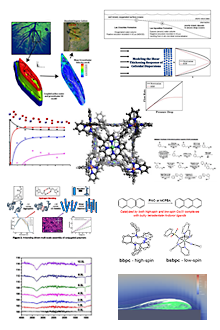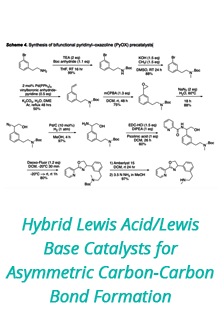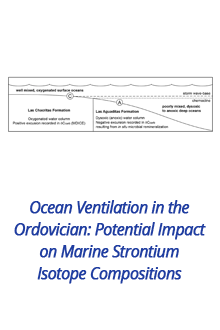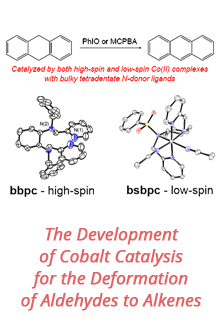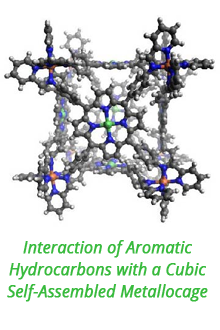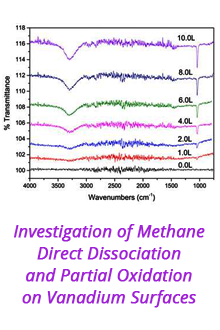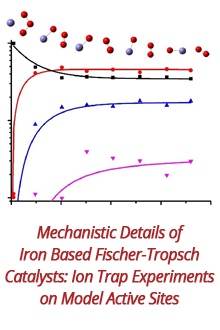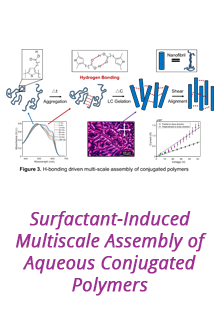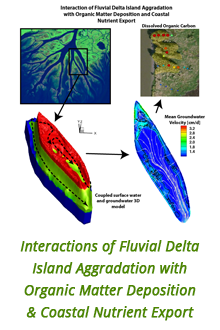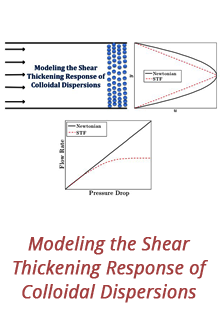Reports: DNI756840-DNI7: Electrically Responsive and Locally Programmable Hydrogel Composites
Cunjiang Yu, University of Houston
Since the start of this project, this grant has supported us to make some substantial progress towards the goals of this project. Specifically, we have 1) synthesized thermal responsive hydrogel of Poly(N-isopropylacrylamide) (PNIPAM), 2) designed and fabricated compliant ultra-thin heaters in open mesh format, 3) successfully integrated the ultra-thin heaters with the PNIPAM hydrogel; and 4) investigated the interfaces between hydrogel and mesh heaters.
Those progresses have allowed us to successfully testify our hypotheses of this project. Specifically, we successfully arrived at an understand that 1) the electronic mesh is able to be embedded into hydrogel and concurrently deform with it, 2) the embedded electronic mesh has minimum or negligible constraint on the expansion and shrinkage of the hydrogel, and 3) the tensile modulus of the electrically responsive hydrogel composite are almost the same as that of the thermal responsive PNIPAM hydrogel.
The research approaches utilized in this project mostly involve integrating thin electronic device with smart materials. Along with this approach, the support from this grant also partially facilitated our research on developing moisture triggered physically transient electronics and rubbery semiconductor based electronics and sensors, as exhibited by the recent journal publications.
This research will soon lead to breakthrough in smart responsive polymer materials, by introducing a newly electrically responsive soft material, which holds great promise in soft robotics, biomedical, etc. This grant has been helping to build up my career, especially at a relatively early stage, in developing and understanding new materials through interdisciplinary science and engineering technologies. In addition, this grant has also been helping a postdoc who was supported to become more independent and mature on carrying out interdisciplinary research.

